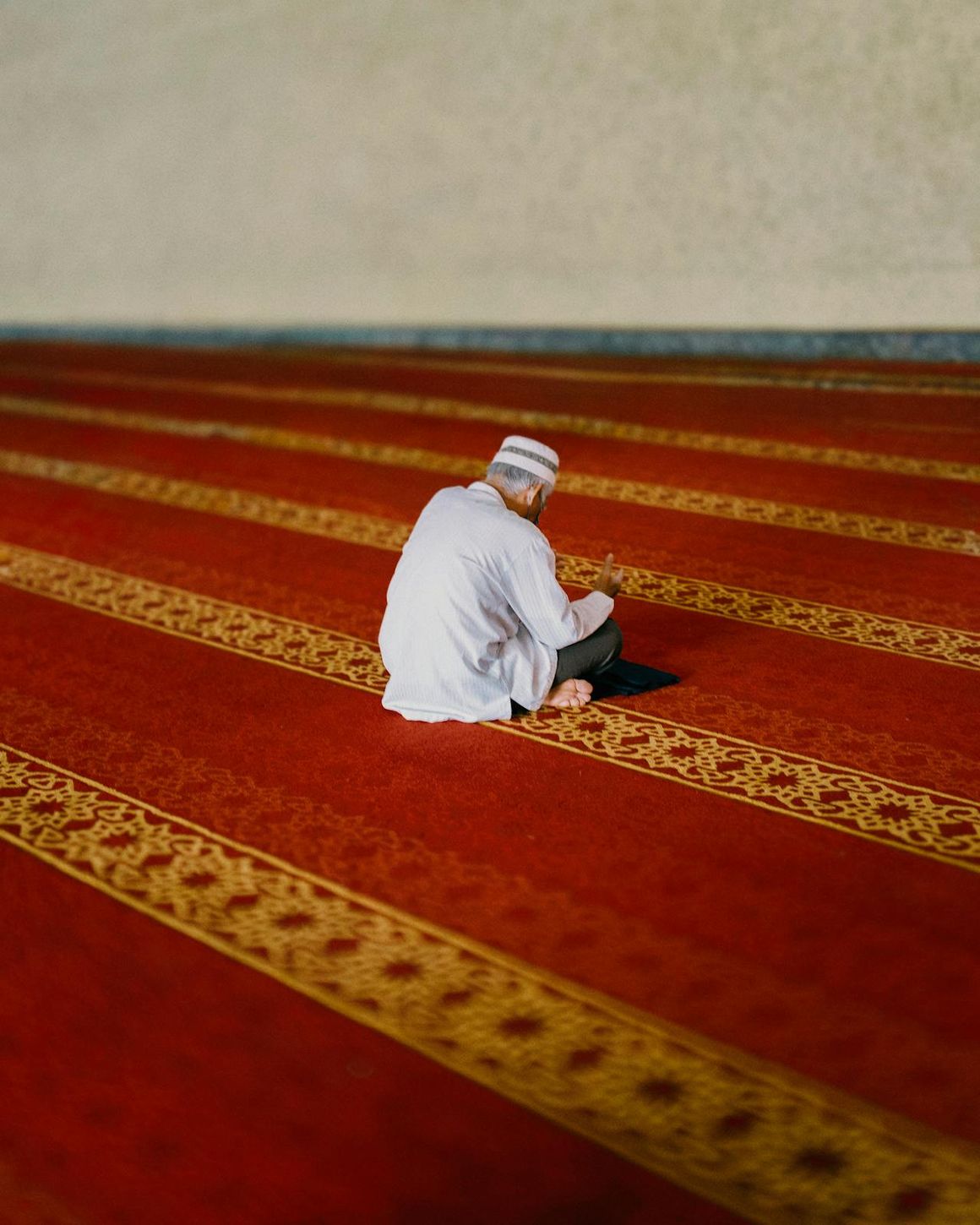The first chapter of the Quran, known as Al-Fatihah, holds a special place in Islamic prayer and daily life. This surah (chapter) is not only recited during each of the five daily prayers but also serves as a powerful reminder of faith, purpose, and guidance. Al-Fatihah consists of seven verses and is often referred to as "The Opening" due to its introductory nature.
Here is the translation of the seven verses of Al-Fatihah:
- 1In the name of Allah, the Most Gracious, the Most Merciful.
- 2Praise be to Allah, Lord of the Worlds.
- 3The Most Gracious, the Most Merciful.
- 4Master of the Day of Judgment.
- 5You alone we worship and from You alone we seek help.
- 6Guide us to the Straight Path -
- 7The path of those upon whom You have bestowed favor, not of those who have evoked [Your] anger or of those who are astray.
Significance and Meaning
Praise and Gratitude (Ayah 2-3)
- The surah begins with praise to Allah for His infinite mercy and grace. These verses emphasize gratitude and acknowledgment of Allah's omnipotence and benevolence as the Lord of all creation.
Supreme Authority and Judgment (Ayah 4)
- This verse underscores that Allah is the ultimate judge and ruler, especially on the Day of Judgment. It reminds believers of the accountability before Him and the significance of living a righteous life.
Sole Worship and Dependence (Ayah 5)
- The fifth verse asserts the concept of Tawheed (monotheism), declaring that Allah alone is worthy of worship and that all help and sustenance come from Him. This reinforces the importance of focusing one’s devotion solely on Allah.
Guidance to the Straight Path (Ayah 6-7)
- The final two verses express a profound plea for guidance along the straight path, distinguishing between those who are favored by Allah (the guided ones), and those who have incurred His wrath or strayed from the true path.
Practical Application in Daily Life
Recitation in Prayers
- Al-Fatihah is recited in every unit of prayer (rak'ah) as part of the obligatory verses, making it a central component of Islamic worship.
Personal Reflection and Guidance
- Muslims often reflect on the meanings of these verses to seek spiritual guidance and remind themselves of their duties toward Allah. It serves as a daily affirmation of faith and commitment to following the straight path.
Community Recitation
- During congregational prayers, the imam recites Al-Fatihah aloud for all to hear, fostering unity and collective devotion among worshippers.
Interpreting Key Themes
Monotheism (Tawheed)
- The emphasis on Allah as the only One worthy of worship underscores the importance of Tawheed in Islam. This theme is repeated throughout Al-Fatihah, reinforcing the idea that all actions and supplications are directed toward Allah alone.
Guidance and Direction
- The plea for guidance highlights the human need for divine direction to navigate life’s challenges and stay on the right path. It reflects the belief in Allah's wisdom and ability to lead His creation.
Universal Appeal
- Al-Fatihah speaks to all of humanity, regardless of background or circumstance, emphasizing the universality of faith and submission to Allah.
Al-Fatihah serves as a comprehensive prayer that encapsulates the essence of Islamic belief and practice. Its recitation is a daily reminder for Muslims to maintain their connection with Allah through gratitude, worship, and seeking guidance. The surah’s profound messages continue to inspire believers worldwide, guiding them on the path of righteousness and devotion.
By understanding and reflecting on Al-Fatihah, Muslims can strengthen their faith and strive to live in accordance with the teachings of the Quran. This first chapter sets a foundational tone for the entire scripture, inviting readers into a journey of spiritual growth and divine connection.


